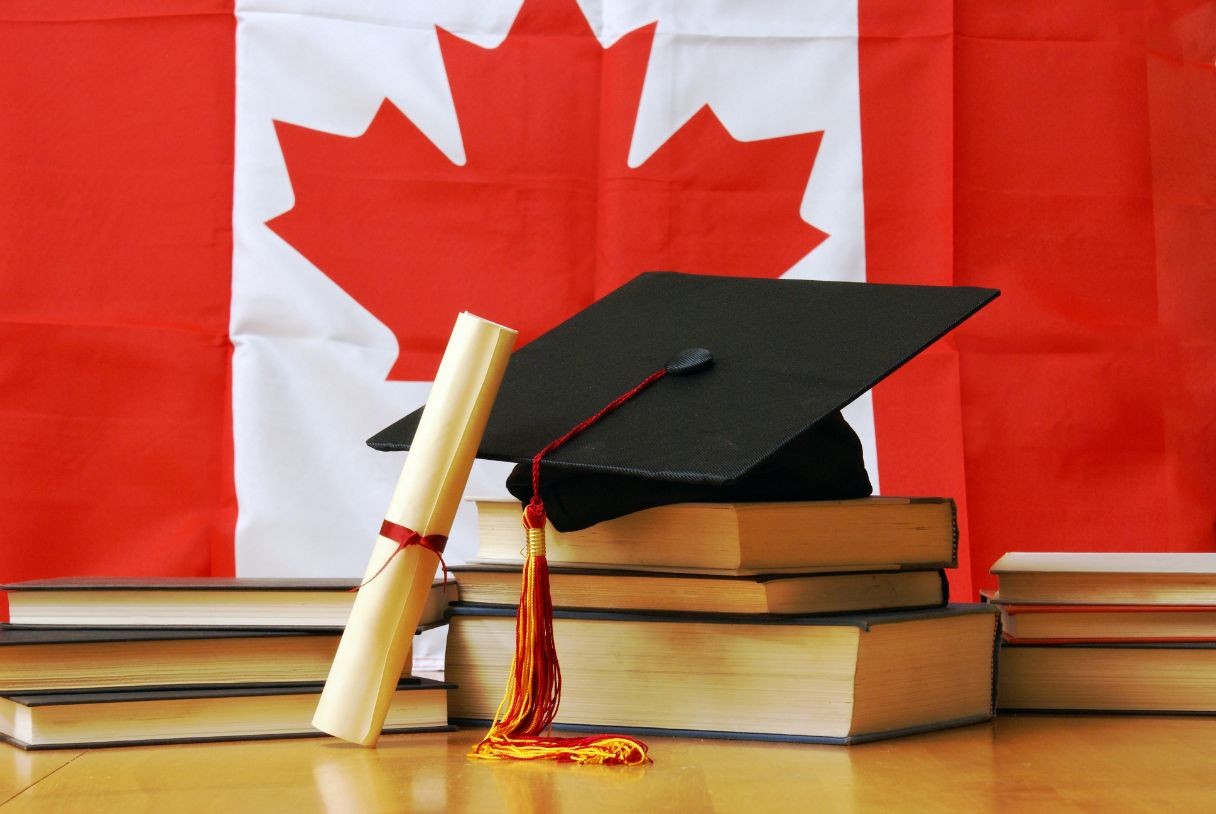Frequently Asked Questions
Can I study in Canada after 12th?
Studying in Canada after the 12th is definitely an intelligent career move. You lay a strong foundation for your career growth with international exposure, best in class curriculum, and a multicultural environment. As an international student in Canada, you also open up Work Permit, Permanent residency pathway, and eventually become a Canadian Citizen. You can opt for a diploma or undergraduate courses. The choice of the program is critical and depends on
Your core subjects in 12th
Your academic performance
Your reason behind choosing the program
Eligibility Requirements:
You need to meet the requirements for applying for your Study Permit to Canada. This would include:
- Marksheets
- Letter of acceptance at the institution
- Statement of Purpose
- Proof Of Funds
- Biometrics
- Passport
- Letter of reference (if applicable)
- IELTS score
The requirements may vary depending on your specific profile. Book a call with us if you need help starting your Study Permit Application.
Can I Study in Canada without IELTS?
Studying in Canada has a language test as one of its main requirements. Many students find IELTS difficult to clear, and thus certain Canadian universities provide alternatives. Though, a study permit application without IELTS might be pretty challenging to go through. Yet, It is possible to study in Canada without IELTS, provided you meet the college or university-specific language requirements. The requirement could vary from college to college and may include one of the following
- You could submit a Letter of Recommendation (LOR) from previous academic institutions.
- You may have to clear any course or exam at the respective university.
- You could be allowed to provide scores of other English Proficiency tests like PTE, TOEFL, or Duolingo English Test.
- You may be given the option to submit proofs that you studied in English medium school for a minimum of 4 years as a substitute for the English proficiency scores.
- You may be exempted from providing an IELTS score if you are from an English-speaking country.
Which university do not require IELTS score for studying in Canada?
Studying In Canada without IELTS is possible but you need to meet the Language requirement of the specific university as a substitute to the IELTS score. Some of the universities that do not require IELTS score are:
- Algoma University
- Brandon University
- Brock University
- Cambrian University
- Carleton University
- Concordia University
- McGill University
- Memorial University of Newfoundland and Labrador
- Okanagan College
- Seneca College
- University of Guelph
- University of Saskatchewan
- University of Winnipeg
Are a student visa and a study permit to Canada the same?
The study permit and student visa are two different documents. Mostly, people use it interchangeably, but the purpose of each is entirely different. The study permit is issued to international students to study at the Designated Learning Institute. The students need to fulfill all the criteria for a study permit before applying for it.
The student visa is an authorization given to you to enter Canada. The study permit is not your travel document. Basis your country, you may need a visa or eTA to enter Canada.
You can find more details about it in the Visitor Visa section. ( ADD INPAGE LINK TO VISTOR VISA PAGE)
To summarise,
STUDY PERMIT= Authorises you to STUDY in Canada
STUDENT VISA= Travel Document to ENTER Canada
You need to get a study permit to Canada first and then apply for a visa to travel to Canada.
Is it difficult to get a study permit in Canada?
Getting a letter of acceptance is the first step of studying in Canada. While you might think that once the letter of acceptance is received, work is mostly complete. However, the next stage of applying to IRCC for a study permit is equally challenging. The chances of rejection these days are close to 30%, and thus it is critical to be very thorough with your application. Some of the factors that could lead to denial are incomplete forms, missing documents, inability to convince the officials of your intent to leave Canada post completion of your studies, or inconsistency in the course chosen. Therefore, it becomes vital to get expert advice while applying for your study permit and apply with your case-specific documents at the right time.
How long does it take to get a study permit in Canada?
The processing time of a study permit depends on the country from where you are applying and the category you have chosen. Usually, it takes 90 days to 12 weeks to get a study permit. However, if you are eligible for Student direct stream, you can fast-track your application and get the permit in around 20 days. The processing time also depends on the volume of applications and the timing of your application. For example, if you apply closer to the beginning of the academic term in Canada, you may see a delay in processing your application.














